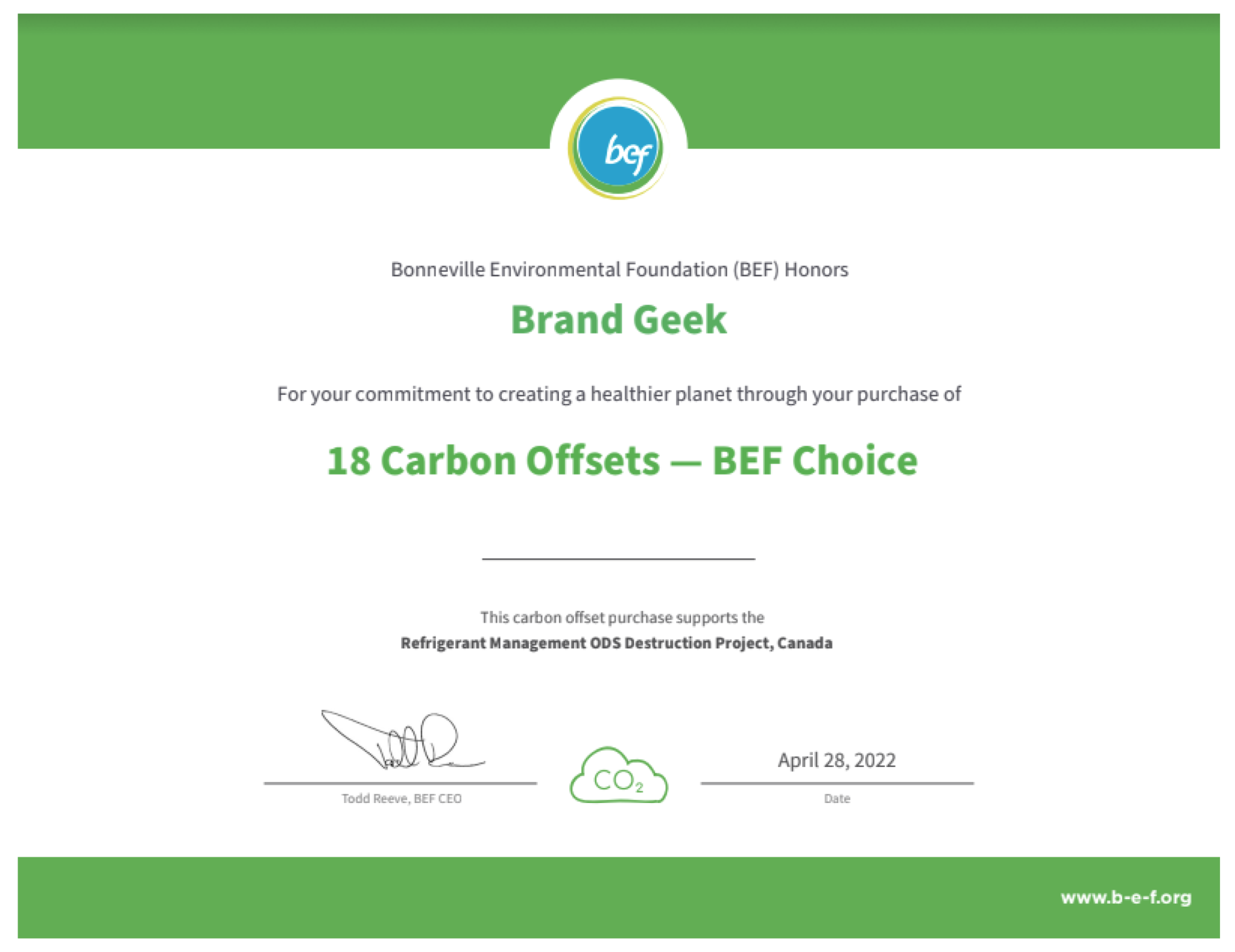Brandgeek proudly supports Mountain Area Preservation and is humbled to be…
SC Johnson Greenlist Cases Settle — GREENLIST No Longer to be Used on WINDEX Products
Last Friday, June 8, 2011, SC Johnson issued a press release stating that it settled two federal lawsuits class action against it over use of its GREENLIST mark on its WINDEX product. The case concerned SC Johnson’s GREENLIST green seal (legally known as a “certification mark“).
The first case was filed on September 30, 2008 in Wisconsin by Mr. Howard Petlack. The second lawsuit was filed in California on March 2, 2009 by Wayne Koh. The plaintiff’s attorneys in both cases were the same, and the Complaints were very similar. I have heard concerns that the “Plaintiff’s Bar” (those who find the big class action lawsuits) are eager to make green claims the next “hot topic” in litigation, but so far no case has gotten very far. The Fiji water case was tossed out before it even started and now these two high profile cases have settled. No doubt we’ll see more and more cases like this, at least until some case law gets developed, which is not likely for years to come given the speed (or lack thereof) at which litigation typically proceeds.
The Petlack case charged SC Johnson with deceptive sales practices and unjust enrichment for “misleading consumers about the environmental safety of its leading household cleaning product Windex.” The Petlack complaint asserts that the language, “Greenlist is a rating system that promotes the use of environmentally responsible ingredients” . . . and,” . . . conveys to consumers that Windex has been subjected to a neutral third party’s testing regime that had determined that Windex is environmentally friendly.” Because the GREENLIST seal is an internal seal that’s based on SC Johnson’s own criteria, and because the Windex product contains the chemical, ethyl glycol n-hexyl ether, a toxic substance, Petlack accused SC Johnson of greenwashing and sought certification of a class action for all similarly situated (deceived) consumers. In its Answer, SC Johnson denied Koh’s allegations, denying it engaged in deception. In response to Petlack’s claim that it engaged in greenwashing, SC Johnson stated, “SC Johnson lacks knowledge or information sufficient to form a belief as to the truth of plaintiff’s assertion regarding the use of the alleged term “Greenwash” and, on that basis, denies the allegation.” Classic. I’m guessing the folks at SC Johnson have since learned the meaning of greenwashing, prompting the immediate settlement of this case.
 The California suit filed by Koh accused SC Johnson of unlawful business practices, unfair business practices, fraudulent business practices, misleading and deceptive advertising, untrue advertising, fraud, deceit and/or misrepresentation, and unjust enrichment. Koh claimed that SC Johnson’s GREENLIST seal” . . . represents that [Defendant’s] products bearing the Greenlist label are made with natural ingredients and are environmentally safe and sound.” Like Petlack, Koh also asserted that,” . . . by making these representations on its products’ packaging, SC Johnson conveys to Plaintiff and other consumers that the product has been subjected to a neutral, third party’s testing regime that had determined that the product is environmentally friendly.” In its Answer, SC Johnson generally denied all of the allegations of wrongdoing.
The California suit filed by Koh accused SC Johnson of unlawful business practices, unfair business practices, fraudulent business practices, misleading and deceptive advertising, untrue advertising, fraud, deceit and/or misrepresentation, and unjust enrichment. Koh claimed that SC Johnson’s GREENLIST seal” . . . represents that [Defendant’s] products bearing the Greenlist label are made with natural ingredients and are environmentally safe and sound.” Like Petlack, Koh also asserted that,” . . . by making these representations on its products’ packaging, SC Johnson conveys to Plaintiff and other consumers that the product has been subjected to a neutral, third party’s testing regime that had determined that the product is environmentally friendly.” In its Answer, SC Johnson generally denied all of the allegations of wrongdoing.
In Friday’s press release, SC Johnson stated:
[framed_box]“We decided to settle for two reasons. First, while we believed we had a strong legal case, in retrospect we could have been more transparent about what the logo signified,” said SC Johnson Chairman and CEO Fisk Johnson. “Second, and very importantly, Greenlist™ is such a fundamentally sound and excellent process we use to green our products, that we didn’t want consumers to be confused about it due to a logo on one product.”[/framed_box]Now the parties get to move on with their lives, while the rest of us still have no law on the issue of green seals, save for a somewhat related recent National Advertising Division (NAD) opinion about the TransFair USA “fair trade” seal. While I am all for amicable settlements, it really would have been nice to have some case law on this issue. It’s understandably difficult for clients to manage risk when no one knows what the FTC or the courts think about eco-seals. The proposed FTC Green Guides have an entire section on seals and certifications, filling a gap left by the current Green Guides, but the revisions have yet to be finalized and formally issued.
 When in doubt, talk it out — with knowledgeable counsel. Even without precedent on eco-seals, responsible businesses should work with counsel to identify and analyze potential risk before adopting a seal designed internally or belonging to a third party, since both may be actionable by competitors, the FTC, or a Certified Class in a class action lawsuit.
When in doubt, talk it out — with knowledgeable counsel. Even without precedent on eco-seals, responsible businesses should work with counsel to identify and analyze potential risk before adopting a seal designed internally or belonging to a third party, since both may be actionable by competitors, the FTC, or a Certified Class in a class action lawsuit.





[…] consumers to believe that the product contained environmentally friendly ingredients. According to brandgeek.net the complaint states “Greenlist is a rating system that promotes the use of environmentally […]